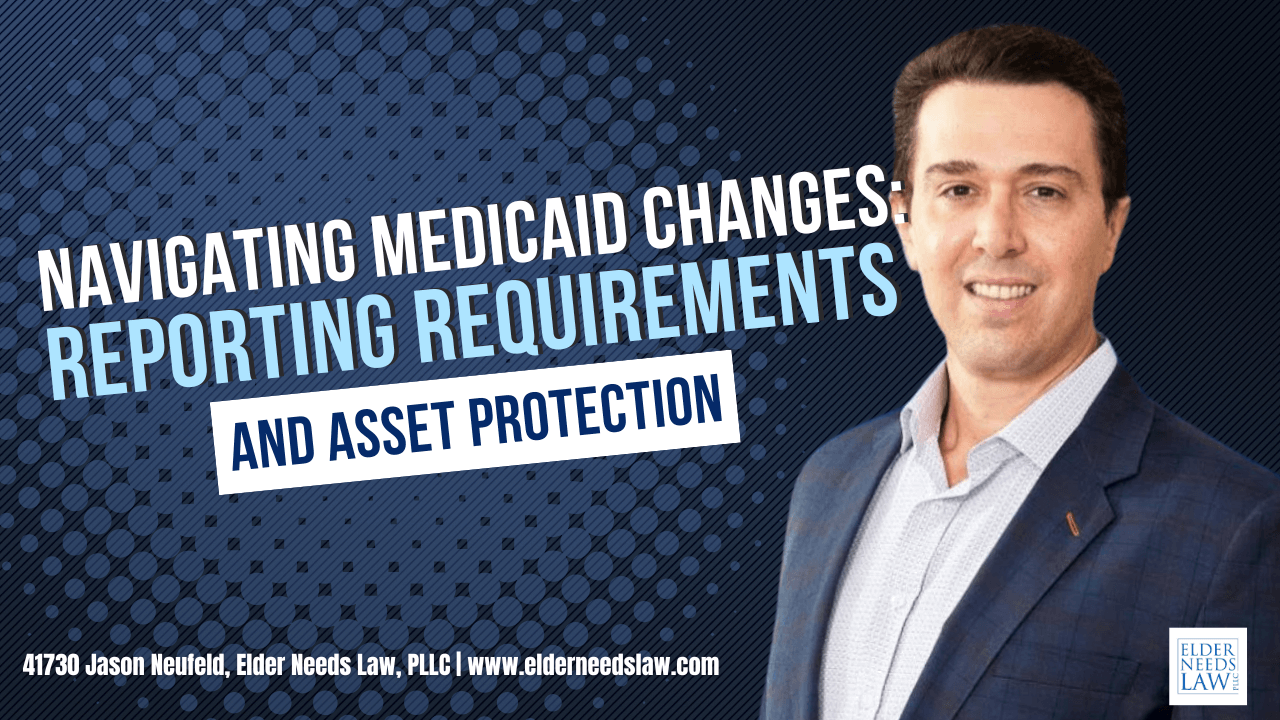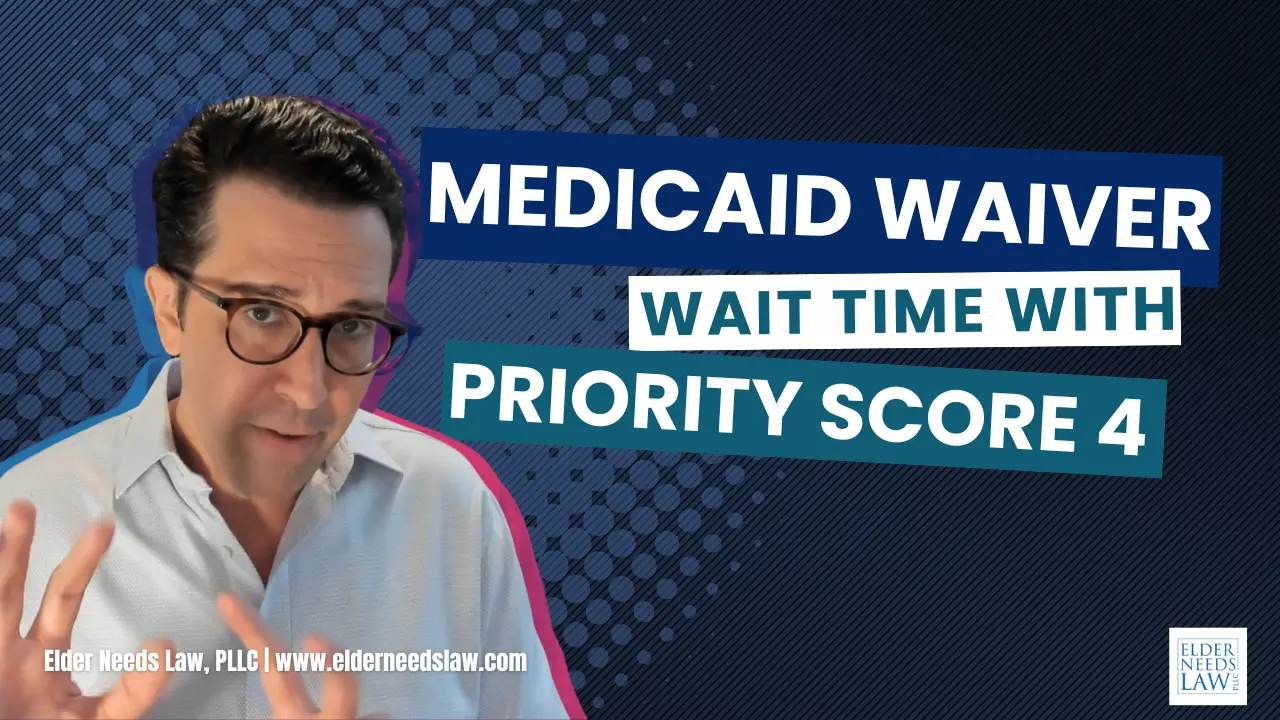Alimony and Medicaid Planning

In a prior post, I discussed the Minimum Monthly Maintenance Needs Allowance (MMMNA). Medicaid has a policy against impoverishing a community spouse who does not need Medicaid. Given the right circumstances, the community spouse may receive a portion of the spouse receiving Medicaid's income, as calculated by the MMMNA formula. However the MMMNA formula only takes a portion of the community spouse's monthly expenses into consideration (rent, insurance, taxes, HOA fees, a "standard utility allowance" etc...).
But the minimum monthly maintenance needs allowance leaves out some very practical, yet significant, monthly expenses that still must be borne by the well spouse. Examples may include: car insurance, health insurance, credit card bills or other debts being paid each month. With these legitimate expenses, the MMMNA may not be enough. In fact, the community spouse may require all of the Medicaid-recipient's income in order to meet his or her obligations.
What to do when the MMMNA is not enough?
We know that spousal refusal (a/k/a "just say no") is not an option because Florida medicaid (DCF) will not allow a community spouse to both refuse to support the spouse requiring medicaid and take a portion of the medicaid-recipient's income through MMMNA diversion per their policy.
Under extraordinary circumstances, a higher community spousal income allowance can be allowed after a Medicaid denial and fair hearing, which is one option.
But Florida Medicaid ESS Policy Manual, Section 2640.0119.03says, “if there is a court ordered support against an institutionalized spouse(for monthly support income for the community spouse), the community spouse's monthly income allowance cannot be less than the amount ordered.”
- Federal law parrots this language in 42 US 1396r-5(d)(5), which says, “If a court has entered an order against an institutionalized spouse for monthly income for the support of the community spouse, the community spouse monthly income allowance for the spouse shall not be less than the amount of the monthly income so ordered.
Medicaid and Court Ordered Spousal Support
Court ordered spousal payments is alimony, which brings divorce to mind. Divorce is usually the last thing a couple who has been married for many years wants to hear. However, many dont realize that Florida Statutes Section 61.09 provides a way to seek alimony without also having to file for divorce.
While not a divorce, the petition will involve family court, which utilizes the family law rules of procedure. This requires a lawsuit involving two lawyers (one representing each spouse) who will act cooperatively assuming it is in their client's best interest. If the institutionalized/medicaid spouse is unable to act, there must be a valid durable power of attorney that will allow an agent to act on their behalf. If the community spouse is the durable power of attorney (as is often the case), he/she must resign in favor of the successor agent (hopefully there is one) for the purpose of the spousal support action only.
The lawsuit can be filed, properly served, income statements exchanged, etc... (the way it would be done in a typical adversarial divorce process, including giving DCF proper notice of hearing dates if one spouse is already receiving Medicaid).
The advantage to going through this process is, while Medicaid's MMMNA analysis only takes some of the community spouse's monthly expenses into consideration, family court takes all of their expenses into account. If the family-court ordered alimony exceeds the MMMNA, then this is a win for the family, as DCF must respect a validly-entered family court order.
The primary drawback to this medicaid-planning strategy is the added expense (hiring two more lawyers) and the additional time that will be required to get the court order.
For more information on this, and other, medicaid-planning techniques - schedule a consultation.







